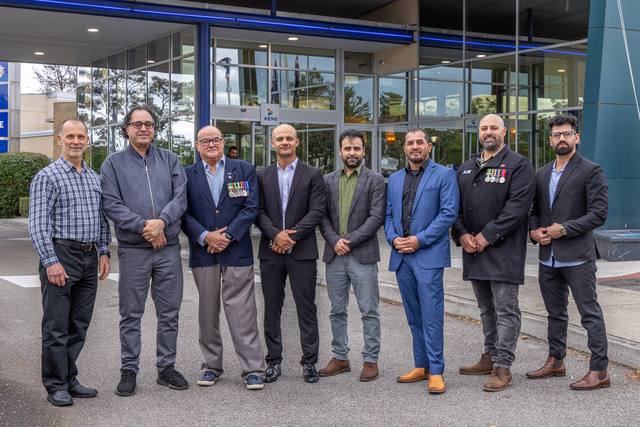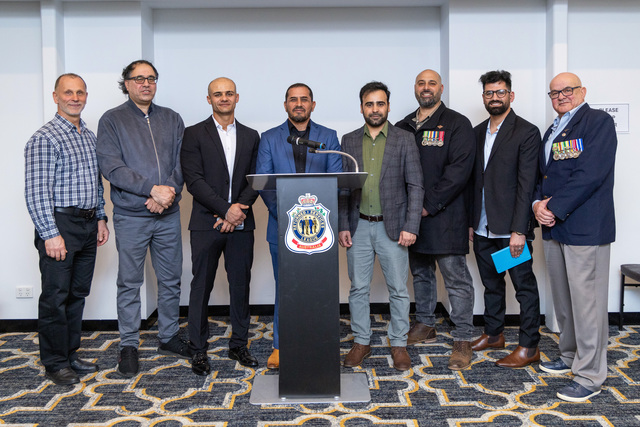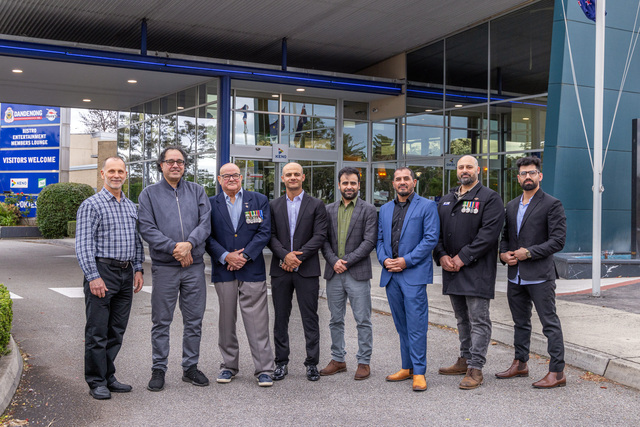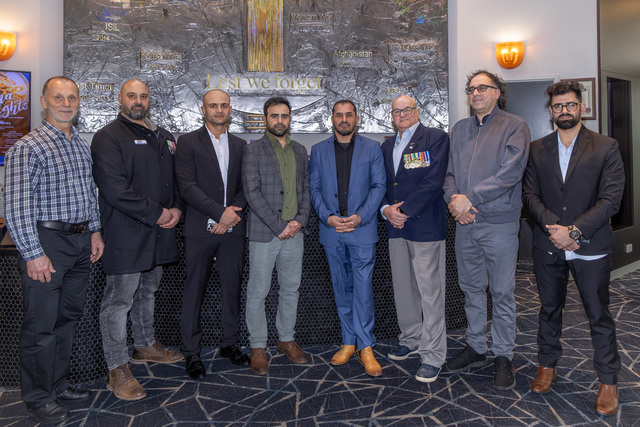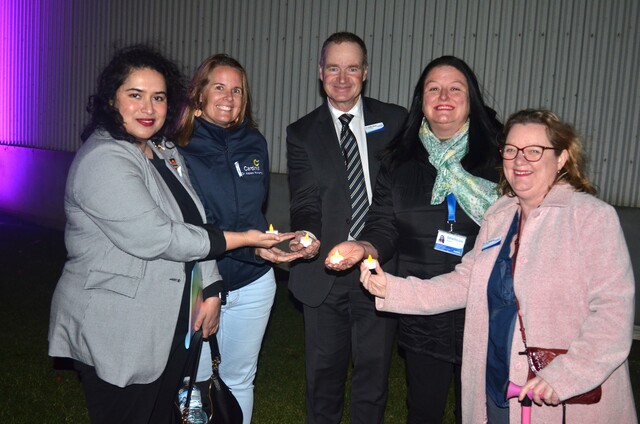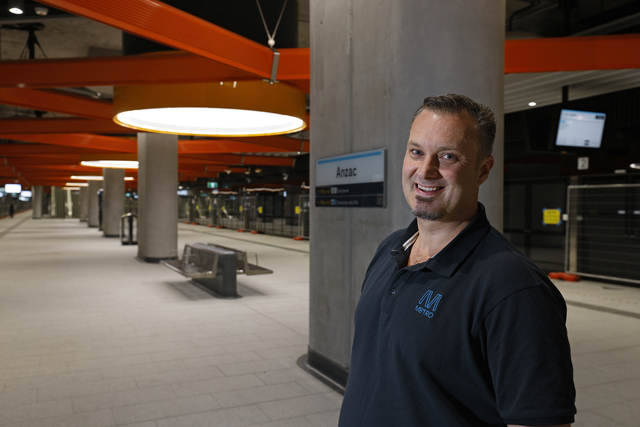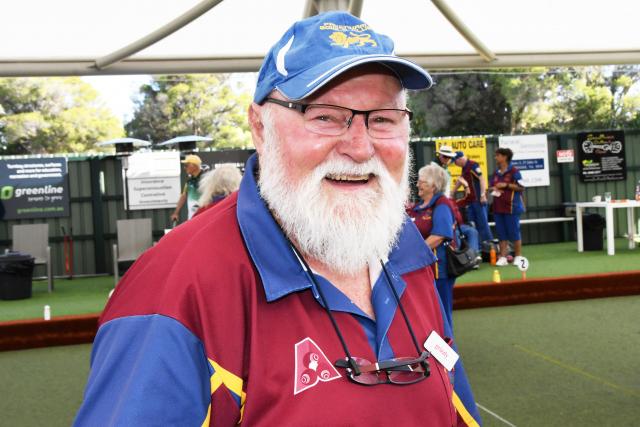A locally formed Afghan Locally Engaged Employee (LEE) Alliance is still fighting for their endangered families to join them in Australia.
Its president Nisar worked as an interpreter with American and Australian forces in Afghanistan until he migrated under Australia’s LEE resettlement program in 2014.
He formed Afghan LEE Alliance (ALA) in 2021, representing 50 interpreters, contractors, partner organisations and drivers who assisted Australian military and diplomatic missions.
With their deep knowledge of Afghan cultures, languages and localities, the LEE were key liasions for visiting forces.
But because of their work, LEE families remain very much in danger and stranded overseas.
“While our interpreters were protected by (the ADF) with ammunition, our families were without weapons,” Nisar says of the families’ sacrifices.
“At the moment we have families in Pakistan. Police can knock on the door, take everything from you and tell you to go back to Afghanistan.
“You have to bribe them to stay in Pakistan.”
Australia’s LEE resettlement program officially closed in 2023 and later extended to mid-2024, with more than 2500 visas granted to Afghan LEE and their close relatives since 2012.
However, an estimated 1000 LEE and family members remained stranded at the time of closure.
The Federal Government continues to process existing LEE applications in the meantime.
Afghan LEEs and families are still able to apply under an expanded humanitarian and family visa program for 26,500 Afghans through to 2025-‘26.
Currently, only immediate family such as a spouse and dependent children under 18 are prioritized for resettlement.
A Government-commissioned review found this concept of family was incompatible in Afghanistan, which includes strong ties to siblings and extended family members.
As Nisar says: “In Afghanistan, if they can’t get the (LEE) they will get their brother or sister.”
The review found that if the program was open to extended family, the resettled LEE could be at the expense of UNHCR refugees.
Naval veteran Peter Erson, who worked closely with LEE interpreters in Afghanistan, regards them as “our guardian angels”.
He has written several letters on behalf of Afghan LEEs, requesting resettlement for their families hiding in Pakistan
So far, he’s had a success with a LEE’s sister and her kids gaining visa-entry and a safe home in Hallam.
But he’s disappointed that after more than a decade, there still remains a large backlog.
“This is not a backlog, this is just people sitting on their a***s.”
His former LEE interpreter Raz, who was awarded an ADF Bronze Commendation Badge for his service, says “we never felt safe for a second” .
“We were waiting – when are we getting killed? When will we get shot, or will they kidnap us, kill our families.”
Meanwhile, Raz’s family members remain stranded in Afghanistan despite applying for entry to Australia.
ADF veteran Bruno Bertucci, the RSL’s welfare advocate, says he’d worked closely with LEE interpreters.
“We are quite upset. We become family over there, our brothers-in-arms. A lot of them and their families made sacrifices.
“If it was up to us, they’d all be here because that’s what was promised.”

